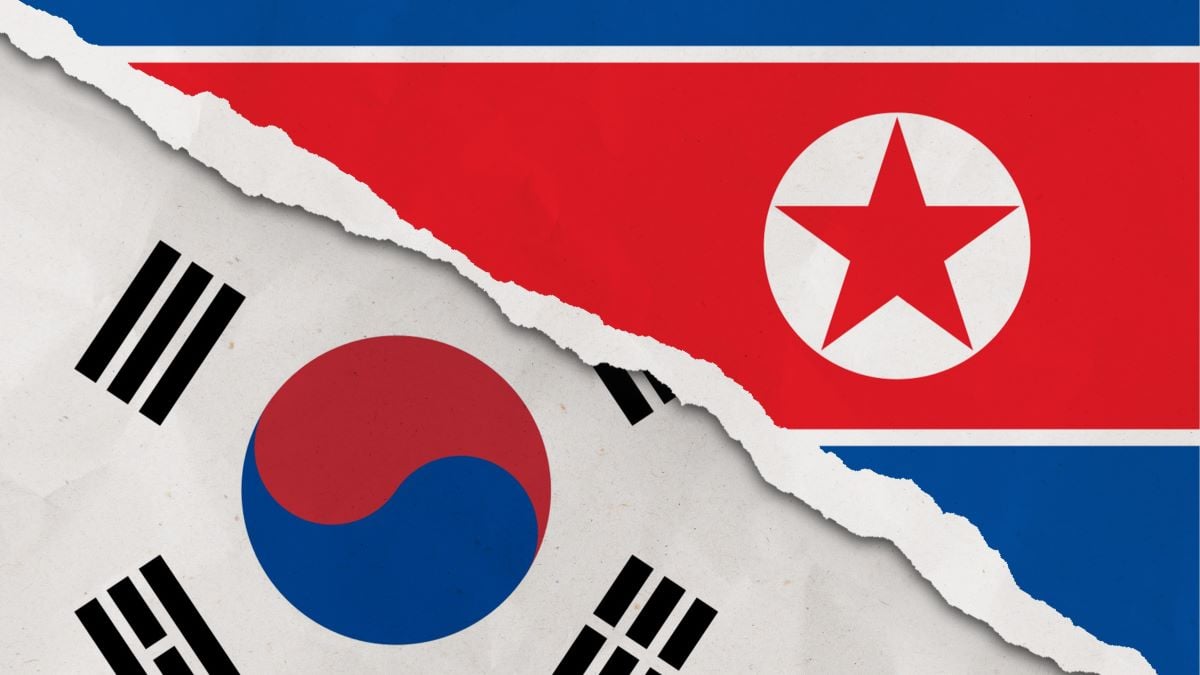Korea, the land of delicious kimchi, addictive K-dramas, and the ever-so-catchy K-pop, hasn’t always been the cultural powerhouse it is today.
The country has faced some seriously tough times, especially after World War II. Korea had been under Japanese rule since 1910, a year which marked the beginning of a brutal chapter in Korean history.
Hundreds of thousands of Korean women and girls were forced into sexual slavery by the Japanese military. They were euphemistically called “comfort women,” but there was nothing comfortable about their situation. These women were subjected to unimaginable abuse, abused multiple times a day, and treated as subhuman.
It’s estimated that up to 200,000 women were victims of this heinous system. The scars of this trauma still run deep in Korean society. Despite the overwhelming evidence of the horrific crimes committed during Japan’s colonial rule, the Japanese government has been notoriously reluctant to fully acknowledge and apologize for its actions.
Fast forward to the end of World War II in 1945. Japan had finally been defeated, and Korea was supposed to be free at last. Instead, it became a pawn in the newly minted Cold War. The United States and the Soviet Union decided to split Korea along the 38th parallel (latitude 38° N).
Now, you might be thinking, “Why did they have to go and do that?” Well, it’s complicated. The US and the Soviet Union were in the middle of a titanic power struggle. They both wanted to spread their influence and ideologies, and Korea was caught in the middle.
What happened next?
In the South, the US set up a capitalist government led by Syngman Rhee. Meanwhile, in the north, the Soviets installed a communist regime under the leadership of Kim Il-sung, who was basically the king of personality cults. The division of Korea was supposed to be temporary, but as we all know, temporary solutions have a funny way of becoming permanent problems.
Tensions between the two Koreas kept rising, and in 1950, things finally boiled over. North Korea invaded the South in an attempt to reunify the country under communist rule. The Korean War had begun, and it was a bloody mess. The US and its allies jumped in to defend the South, while China sent troops to support the North. The war raged on for three years, with neither side making much progress.
The Korean War technically hasn’t ended as only an armistice was signed in 1953, meaning the two Koreas are still at war!
Post-war, South Korea was in shambles, poorer than most thought possible. However, starting in the 1960s, it began an extraordinary economic transformation. Companies like Samsung and Hyundai, which we know today as global giants, started to expand rapidly.
Fast forward to the present, and you’ve got a South Korea that’s a global leader in technology, fashion, and yes, music. K-pop groups like BTS and Blackpink are household names worldwide, and Korean cinema has received international accolades, including a Best Picture Oscar win for Parasite (2019).
Meanwhile, North Korea remains shrouded in mystery and controversy, occasionally making headlines for missile tests or diplomatic spats. Today, the two Koreas couldn’t be more different.

